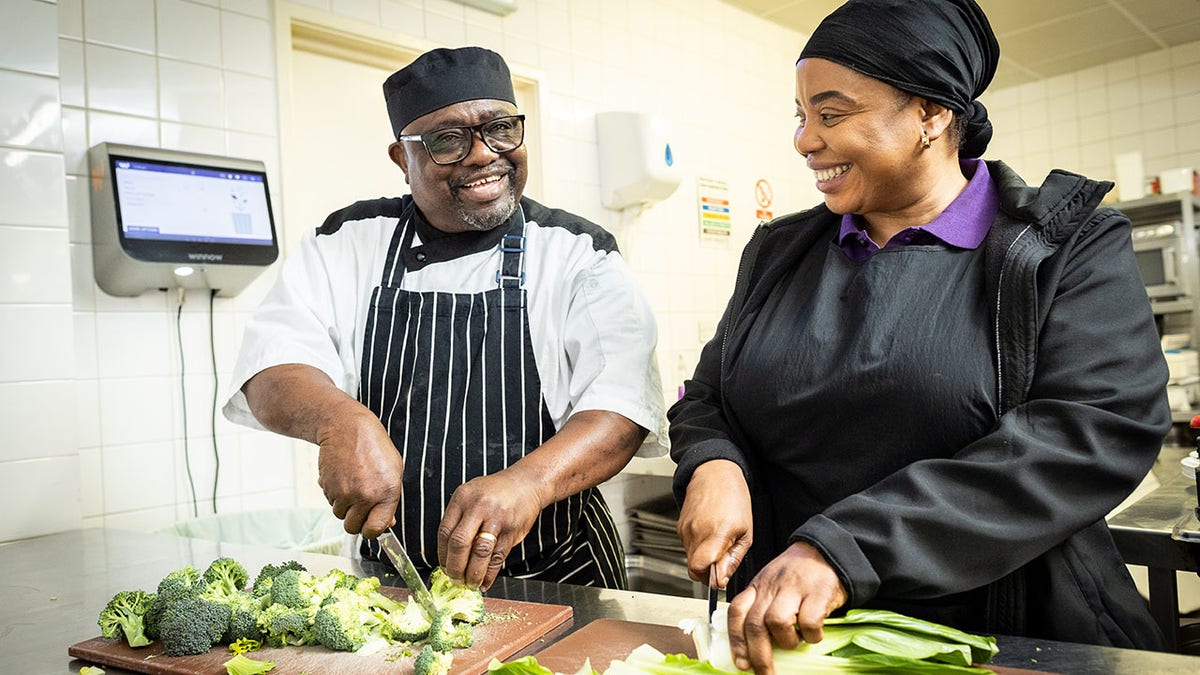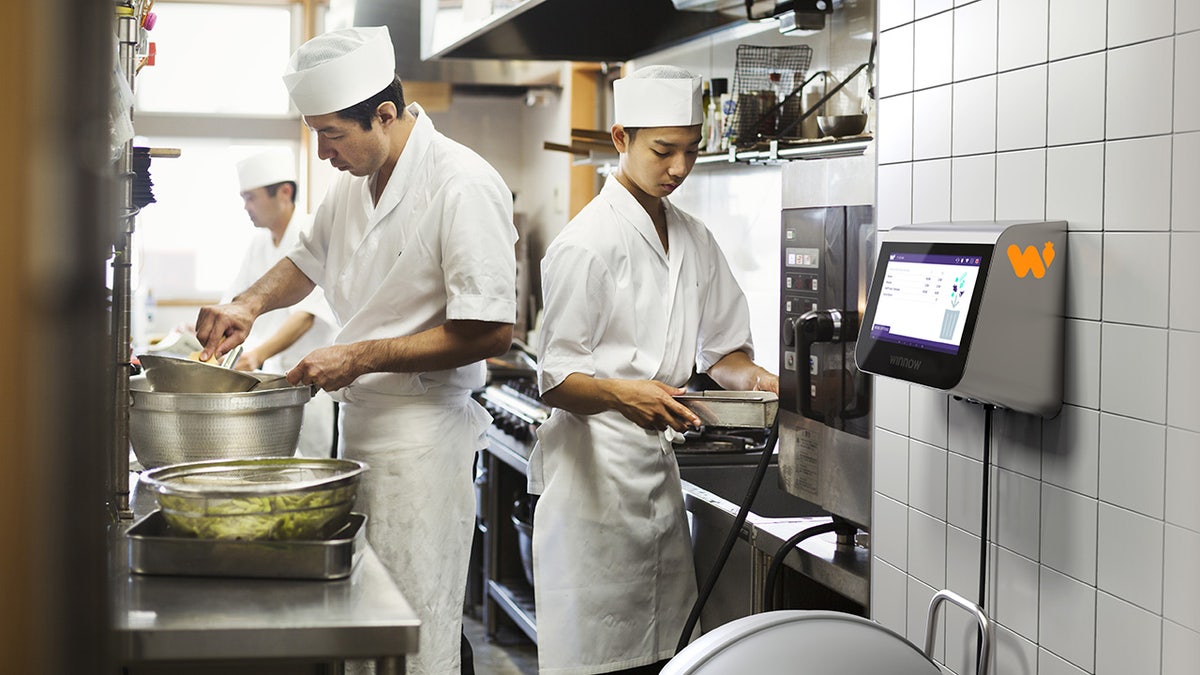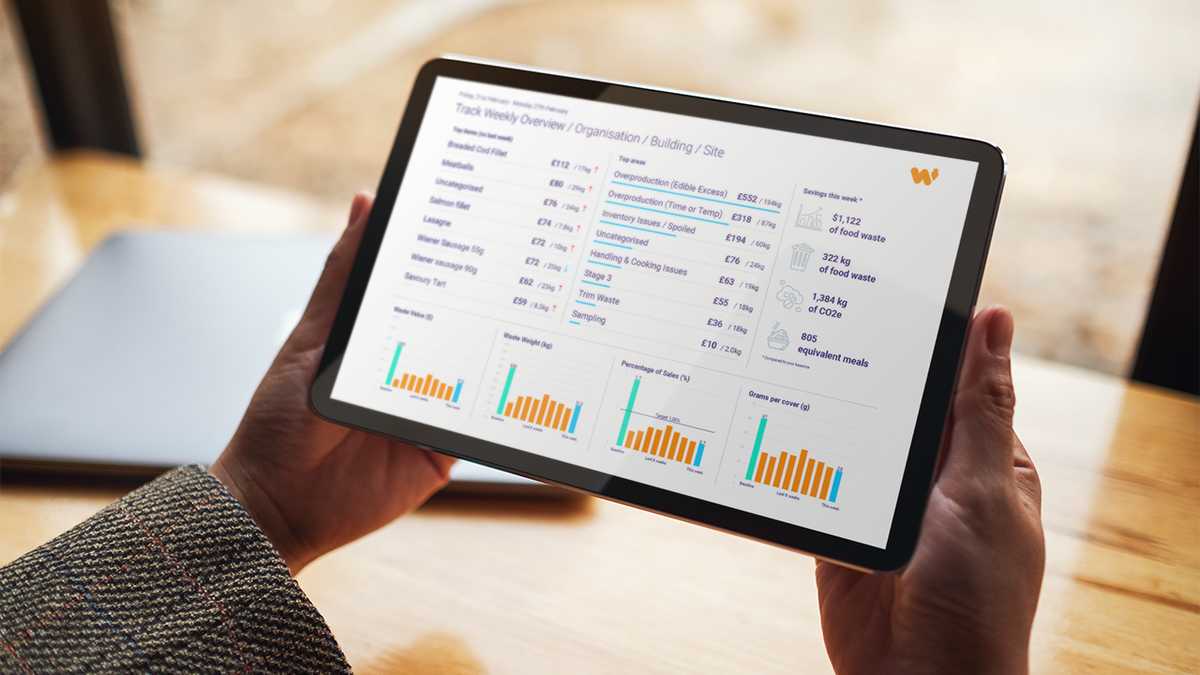In an effort to combat the substantial issue of food waste, estimated by the U.S. Department of Agriculture to represent 30% to 40% of the food supply, the London-based company Winnow has introduced an innovative AI-powered solution. This technology utilizes artificial intelligence to assist commercial kitchens globally in minimizing food waste.
Winnow's system incorporates machine learning and a camera to precisely monitor and quantify the food discarded daily. CEO Marc Zornes explains that the technology provides real-time identification of wasted food items as they are being thrown away. A strategically placed scale under the system further measures the weight of the discarded food, enabling Winnow to analyze the cost and characteristics of the waste.

This data is then processed to provide valuable insights to both the culinary team and management. The system generates reports detailing the total value of food waste, linking it to the volume of food served or purchased. This information empowers kitchens to make informed decisions about purchasing, preparation, and production processes, ultimately leading to a reduction in food waste.

Iberostar Group, a global hotel and resort company, has partnered with Winnow to implement this technology in its kitchens worldwide. Dr. Megan Morikawa, Iberostar's Global Director of Sustainability, highlights the company's commitment to ocean protection within its hospitality operations. With a majority of its properties situated on beachfront locations, Iberostar aims to enhance the ecological health of surrounding natural environments. Morikawa explains that reducing food waste is a crucial step towards achieving this goal, as well as Iberostar's target of carbon neutrality by 2030.

The environmental impact of food waste is significant, with Iberostar discovering that its food waste footprint surpasses the environmental impact of all electricity consumed across its properties. By addressing food waste, the company contributes to the preservation of the oceans, which play a vital role in oxygen production and CO2 absorption, crucial for mitigating climate change.

The food system accounts for up to 30% of greenhouse gas emissions, and food waste is a major contributor to water depletion and biodiversity loss. Winnow's AI technology not only addresses these environmental concerns but also offers economic benefits by reducing kitchen costs and food purchases. The technology's machine-learning model considers various factors such as time of day, weight, color, and shape to accurately identify discarded food items. Each instance of food disposal provides valuable data that enhances the AI's learning capabilities, leading to continuous improvement in its accuracy and efficiency.



Winnow's technology has already demonstrated significant impact, saving $175 million in food waste to date. The company aims to prevent $1 billion in food waste annually by the end of the decade. With the potential to revolutionize kitchen operations, Winnow's AI-powered solution offers a promising approach to tackling the global challenge of food waste.








